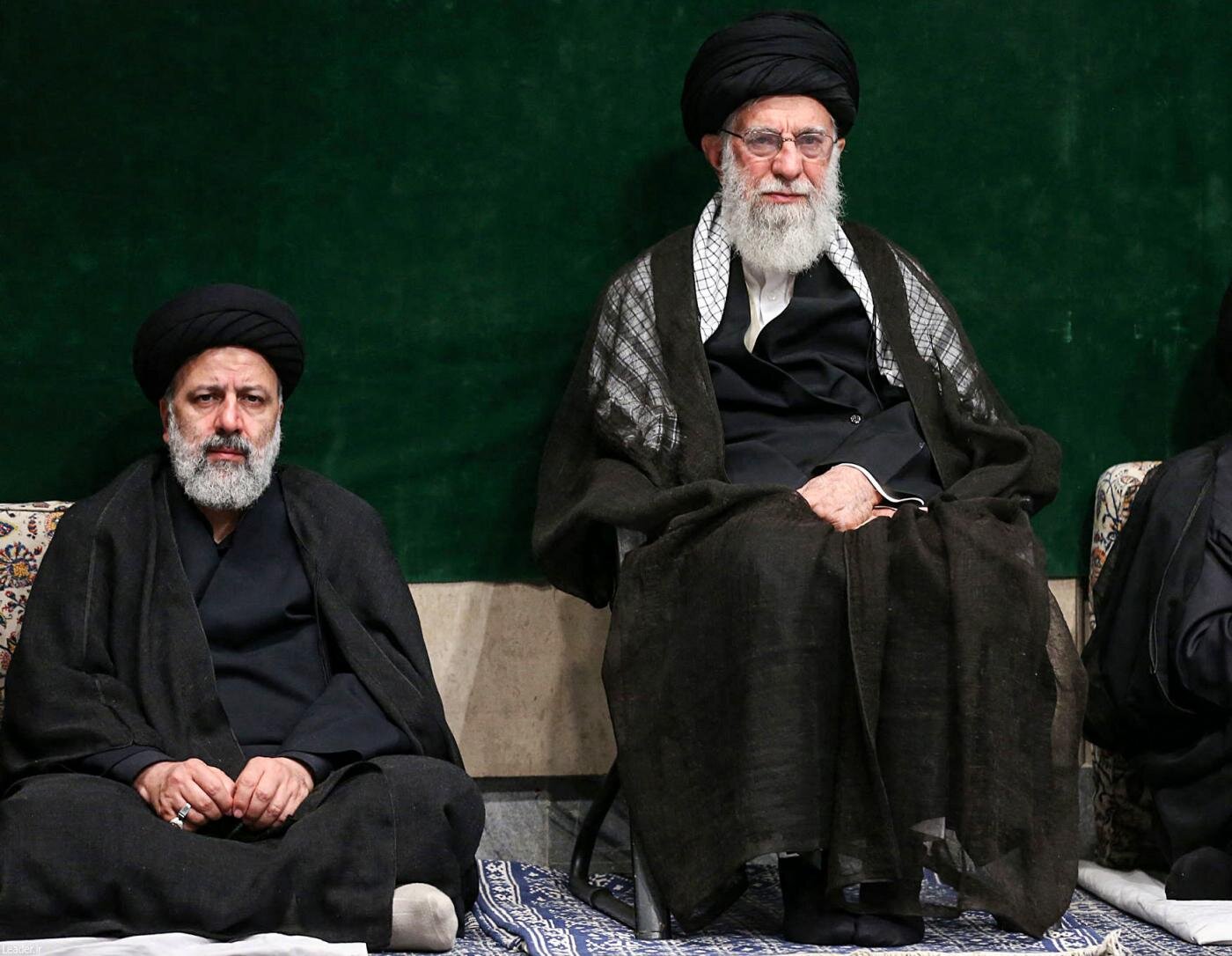Ebrahim Raisi won Iran’s thirteenth presidential election with 61.9 percent of the vote. This is a major victory for the hardliners, but contributing factors such as disarray among reformists need to be better contextualized. I also want to push back on the dominant doom and gloom narrative that is perpetuated in the Western media these days. The Guardian Council ensured Raisi's victory by disqualifying all major reformist and moderate candidates from the get-go, but reformists' agency cannot be discounted. Their disillusionment and lack of a cohesive approach further facilitated the hardliner's victory.
Reformists spent significant time and energy debating the participation issue in an election cycle that was already shortened due to the COVID-19 pandemic. Various consensus building attempts fell short until a few days before the vote, which left little time for mobilization. The increasing gap between the reformists and street-level politics played a major negative role as well. For the past five years, they gradually lost touch with the pressing needs of the middle and lower class Iranians. They backed Rouhani in 2013 and 2017, but they did not have any robust or cohesive response to his shortcomings. Their silence was especially noticeable on issues related to the economy and people's day-to-day livelihood, which significantly regressed after Trump's maximum pressure policy against Iran. The reformists also did not manage to rejuvenate their movement by nurturing a new generation of political leaders, which forced them to fall back on trite tactics and old faces, further disillusioning the voters.
There are other factors involved that will be analyzed for months to come. However, for now, there is a pervasive narrative of doom and gloom that's not situated within the historical realities of Iran. Raisi's victory is certainly a setback for moderate and reformist camps, but it's not predictive of some kind of a political doomsday in Iran. There needs to be a distinction made between the reformists as a political faction and the concept of reforms.
If history is any guide, so far, it's been impossible to kill bottom-up politics and reforms. That's not how state-society dynamics work! There is no permanent destruction of ideas or social forces. Iran is no exception and its history demonstrates it. The country has experienced a rich 100-year timeline of reforms that began with the 1906 Constitutional Revolution and have continued to the present day. This historical arc hasn't been a smooth curve. It's been a jagged line dotted with countless setbacks and state repression. The power and role of various political fronts have ebbed and flowed, but the ability of various bottom-up forces to retain pressure on them as well as the state has also been a permanent feature.
Today was a defeat for reformists, but the struggle is ongoing with many more battles ahead. It may seem impossible now, but Iran's civil society will find alternative ways to retain its pressure on various state bodies and political factions, demanding socipololitical and economic reforms. It seems the reformists have been abandoned by the voters at this moment in time, but this may be the exact wakeup-call needed to alter their approach. If not, the civil society can always find alternatives to communicate its demands and exert its power on the state.

